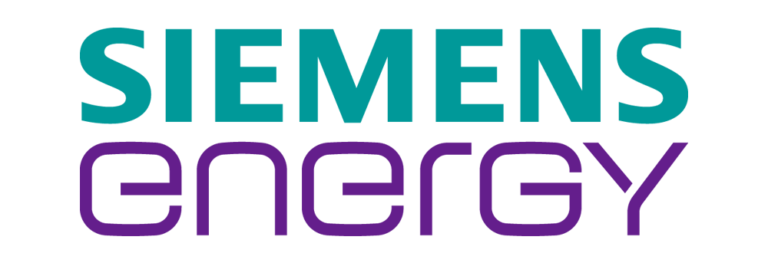CBAM – Carbon Border Adjustment Mechanism
The Carbon Border Adjustment Mechanism(CBAM) is a groundbreaking initiative aimed at reducing carbon leakage and ensuring that the environmental costs of imported goods are accounted for. As global efforts to combat climate change intensify, CBAM has emerged as a critical tool for aligning international trade with sustainability goals.
This workshop provides an in-depth understanding of CBAM and its implications for businesses involved in importing, exporting, supply chains, and customs. Participants will learn how CBAM works, its impact on global trade, and strategies to ensure compliance. By the end of the session, attendees will be equipped to navigate CBAM effectively, reduce carbon exposure, and align their trade operations with emerging environmental standards.
Key Features of the Workshop:
Comprehensive Overview: Understand the structure, goals, and operational framework of CBAM.
Expert Guidance: Learn from professionals with expertise in sustainability and international trade regulations.
Practical Application: Gain actionable strategies for adapting to CBAM requirements in your business operations.
Interactive Format: Participate in discussions and scenario-based learning.
Agenda:
Introduction to CBAM
What is CBAM?
The goals of the Carbon Border Adjustment Mechanism.
The Global Context of CBAM
How CBAM fits into global climate change initiatives.
CBAM’s role in reducing carbon leakage.
Key Sectors Impacted by CBAM
Industries covered under CBAM.
Implications for trade in carbon-intensive goods.
Understanding CBAM Compliance
How CBAM applies to imports and exports.
Calculating and reporting carbon emissions.
Economic and Trade Impacts
How CBAM affects pricing and competitiveness in international trade.
Mitigating financial and operational risks.
Strategies for Businesses
Reducing carbon exposure in supply chains.
Aligning operations with CBAM requirements.
Future Developments in CBAM
Emerging policies and expansion of CBAM.
Preparing for global adoption and changes.
Who Should Attend?
This workshop is ideal for professionals involved in:
Supply Chain Management
Procurement
Exporting and Importing
Customs Operations
Shipping and Logistics
Warehousing
Why Should you Attend?
Stay Ahead: Understand CBAM and prepare your business for compliance.
Enhance Sustainability: Align your trade practices with global climate goals.
Mitigate Risks:Learn to adapt operations to minimize carbon-related costs and penalties.












